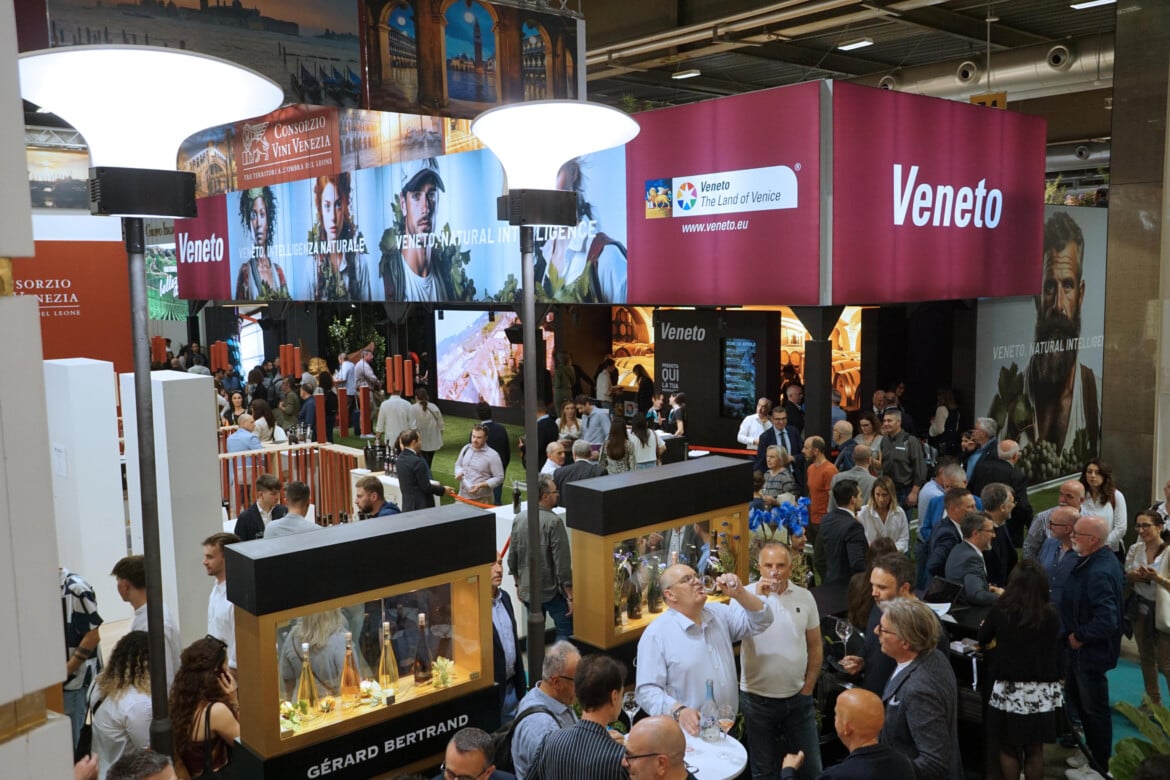Analysis
Trump’s tariffs hit Italian wine sector in regions governed by the far right
The embarrassed silence from the right-wingers is tied to the fact that those who will be suffering as a result of the tariffs will be mainly the northern regions governed by the right, and the effects are likely to throw the already-shaky political alliances in crisis.

Agriculture Minister Francesco Lollobrigida tried until the very last moment to maintain the fiction that the tariffs announced by supposed ally Donald Trump would not affect the Italian wine supply chain. “The number one problem we have is not tariffs, but the criminalization of wine,” he said on Thursday at the presentation of the sector's most important industry fair, Vinitaly, taking place in Verona April 6-9.
No one backed him up this time, however. There was nothing further from members of the government or the right-wing parties, and not even the “friendliest” of agricultural organizations, Coldiretti, supported him. The latter has estimated the immediate economic damage to the Italian wine industry at €6 million per day.
The embarrassed silence from the right-wingers is tied to the fact that those who will be suffering as a result of the tariffs will be mainly the northern regions governed by the right, and the effects are likely to throw the already-shaky political alliances and balances in crisis. According to the Italian Farmers Confederation (CIA), the wines most dependent on exports are the PDO white wines of Trentino-Alto Adige and Friuli-Venezia-Giulia, with a 48 percent share and an export value of €138 million in 2024, Tuscan and Piedmontese red wines and prosecco. And not only: virtually the entire range of made in Italy products is at risk: from pasta to oil, high fashion or the pharmaceutical industry.
“Tariffs are nonsense and a double-edged sword. They will indeed hit our agri-food products and those of many other sectors, but they will also do a lot of harm to American consumers and users,” Veneto Regional President Luca Zaia commented on Wednesday.
Veneto, governed by the Lega, which is likely to split at the next regional elections, is the area that could be most affected, especially by the collapse of prosecco sales. On Thursday, Corriere della Sera pointed out that Donald Trump's proposed tariffs could wipe out entire production runs in Veneto, such as Asolo PDO, a prosecco wine that sells 32 million bottles a year, 75% in the United States. The three prosecco consortiums, which together export nearly 150 million bottles per year to the U.S., have written a letter to Minister Lollobrigida asking for his intervention, and they are unlikely to be satisfied with his attempt to downplay the effect of the tariffs on the Italian wine industry.
Businesses and trade associations are reporting that U.S. importers have canceled their orders after the Wine Trade Alliance, the association of U.S. wholesalers, producers and retailers, recommended that its members suspend all orders for fear of having to pay tariffs of up to 200 percent.
Because ships leaving now will arrive no earlier than mid-April, with the tariffs already in place, thousands of bottles are sitting idle in warehouses and ports. “The tariffs have already been applied, even if they’re not yet in effect, because exports are blocked. the Americans have blocked the import of our wines for fear of having to bear the cost of the tariffs, because there is no rule at this point that exempts products already in transit from the tariffs,” explained Paolo Castelletti, director general of the Italian Wine Union. “We have asked the Italian and European institutions to intervene without delay to remove U.S. wines and whiskies from the tariff list against Europe,” said Federvini director Marco Montanaro.
According to the Italian Wine Union (UIV), Italian wine exports to the U.S. had tripled in the past two decades, reaching a value of €1.94 billion and accounting for nearly a quarter of total Italian wine exports. According to the UIV, the tariffs will particularly affect Italian wines in the “popular” range, that is, those with lower prices. These amount to 350 million bottles, with an average cost of $13.
Originally published at https://ilmanifesto.it/la-scure-di-trump-si-abbatte-sulle-regioni-di-destra on 2025-03-28
